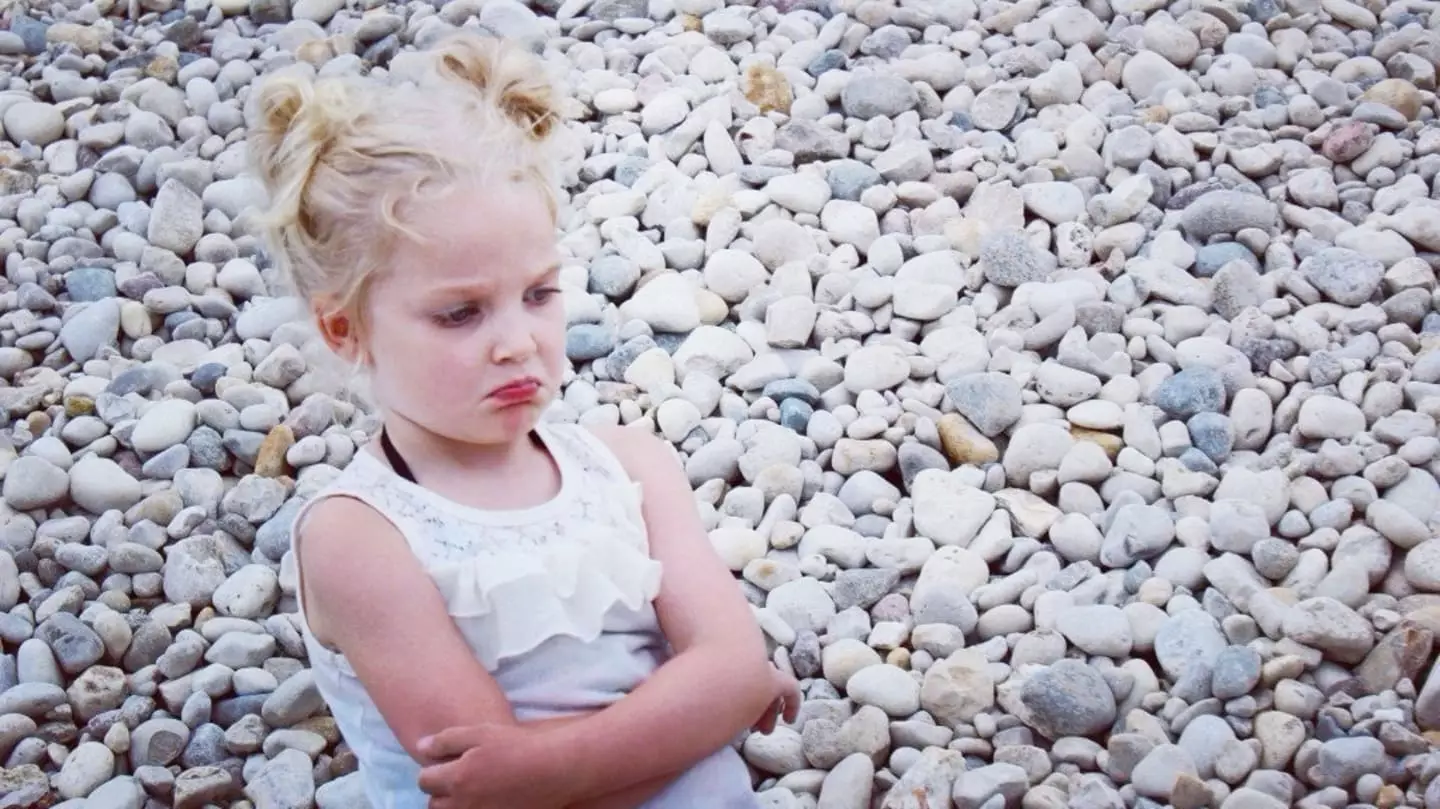Our societal discourse around children is often colored by a lens that promotes fear and negativity rather than understanding and appreciation. From the moment a child arrives in this world, they are often treated as precious gifts; however, this narrative can shift dramatically as they begin to explore their surroundings. The transition from infancy to toddlerhood marks the onset of a myriad of warnings and dire predictions about their behavior, changing the way we view these young beings.
From Blessings to Burdens: The Negative Shift
In early childhood, the arrival of a baby is celebrated with joy and expectation. Parents and relatives alike marvel at the innocence and purity of newborns. Yet, as a child begins to develop their autonomy—walking, talking, asserting their will—the cultural narrative takes a sharp turn. Suddenly, in place of admiration, there are cautionary tales: “You’re in for it now!” or “Just wait until they become teenagers!” Such comments perpetuate a cycle of skepticism and dread regarding normal developmental milestones.
These negative perceptions can permeate the parental experience. The looming idea of “terrible twos” instills an anxiety that causes parents to brace themselves for a turbulent parenting journey. Instead of cherishing developmental achievements, parents may find themselves on high alert for signs of defiance or manipulativeness. As a consequence, rather than embracing their child’s explorative nature, parents might subconsciously prepare for a power struggle, something that inevitably colors interactions.
The Impact of Cultural Messaging
Cultural expectations around childhood can seriously warp parental perspectives. When we are bombarded by warnings and advice aimed at controlling children, we risk reducing them to their behaviors rather than recognizing them as complex individuals. This dynamic can lead to viewing children through a lens of negativity, focusing solely on their actions rather than their essence.
It is akin to viewing a diamond only as a raw stone, neglecting its brilliance and multifaceted nature. This narrowed perception can cause us to overlook their intrinsic worth, the beauty of their curiosity and creativity. We risk failing to see their potential and turning our focus instead to compliance and obedience. In striving to discipline them, we often forget the heart and spirit behind their actions.
It is essential for parents to expand their vision beyond mere behavior. Children are not defined by moments of disobedience or frustration. They are multifaceted beings—wildly imaginative, emotionally complex, and inherently worthy of love. To foster their development, it’s crucial to position ourselves as “light reflectors” in their lives.
Rather than perceiving their outbursts as rebellion against authority, we can choose to understand them as expressions of their emotions or discomfort. Challenging ourselves to perceive the deeper motives behind their actions allows us to guide them positively. This shift in perspective not only fosters a healthy emotional environment but also builds resilience within our children.
In moments when children exhibit distress or frustration, articulating their emotions can empower them. Tools like storybooks or interactive guides provide them with the vocabulary to explore and express their feelings. By supporting their emotional growth, we create a nurturing environment where the child’s light can shine through even in the chaos.
A central aspect of parenting is the understanding that our children mirror how we perceive them. When we see them as inherently good, deserving of patience and empathy, they are more likely to develop a strong, positive self-concept. It’s vital to strive to acknowledge their feelings and challenges while encouraging their strengths and talents.
Rather than labeling behaviors as “bad” or “troublesome,” we can focus on their intent and search for the underlying feelings that lead to these expressions. By doing so, we help our children internalize the view that they are valuable and capable, worthy of grace and love, irrespective of their behavior at any given moment.
Let us embrace a richer narrative where joy, connection, and understanding inform our interactions with children. An atmosphere that reflects warmth and support can profoundly influence how children perceive themselves; they will see themselves as good, deserving of love and capable of greatness. In this journey of parenting, let us remember to lift them with love and positivity—after all, they are more than their actions; they are the light that can guide our world toward a brighter future.

